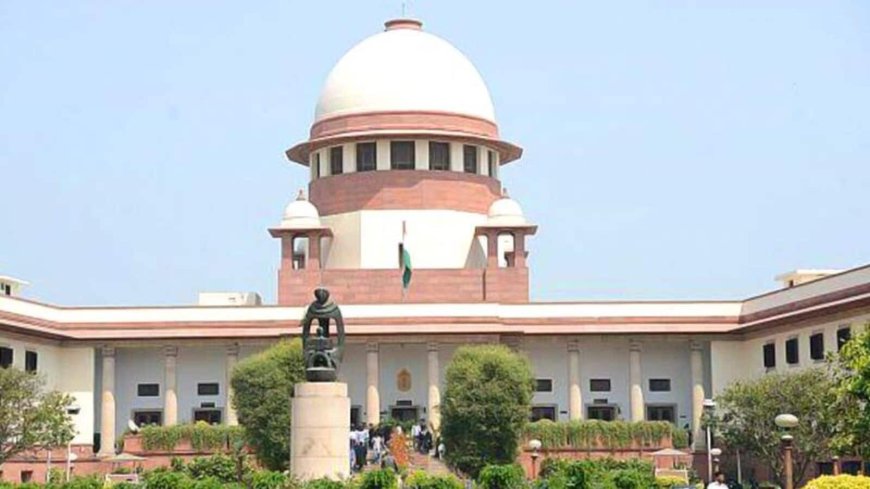Waqf Amendment Bill: Asaduddin Owaisi, Congress MP Move Supreme Court; 'Increasing State Intervention'
News by dharmyuddh.com
In recent developments surrounding the Waqf Amendment Bill, prominent political figures including Asaduddin Owaisi, the leader of the All India Majlis-e-Ittehad-ul-Muslimeen (AIMIM), along with a Congress Member of Parliament, have decided to approach the Supreme Court of India. Their actions stem from concerns regarding what they describe as an increasing state intervention in Waqf properties, which are designated for the welfare of the Muslim community.
The Context of the Waqf Amendment Bill
The Waqf Amendment Bill aims to modify existing laws governing the management, administration, and utilisation of Waqf properties. Waqfs play a crucial role in financing various social and educational initiatives within the Muslim community in India. However, the proposed amendments have sparked a significant dialogue about the extent of government control over these properties.
Key Concerns Raised
Owaisi and the Congress MP have articulated that the amendments may lead to excessive state control, undermining the autonomy of Waqf boards. They argue that increased intervention could potentially facilitate mismanagement and exploitation of these historical properties, which have been entrusted for community benefit.
Additionally, the constitutional validity of the amendments is under scrutiny, prompting Owaisi and his colleagues to seek judicial review. They argue that the Bill threatens the religious rights and freedoms guaranteed to minority communities under the Indian Constitution.
Legal Perspectives and Political Implications
While state involvement in Waqf administration is not entirely new, the apprehension surrounding the latest amendments reflects broader tensions between state authority and minority rights in India. Legal analysts suggest that the Supreme Court's decision could set a crucial precedent for future cases involving state interventions in religious matters.
Political analysts are also keeping a close eye on how these developments will impact upcoming elections. The handling of the Waqf Amendment Bill may sway voter opinions, especially among minority communities who feel their rights are at stake.
The Way Forward
As the situation unfolds, it is evident that the kernel of the issue lies at the intersection of governance, law, and community rights. The Supreme Court's eventual ruling will likely not only influence the Waqf Amendment Bill but also set the tone for how state intervention in religious matters will be navigated in the future.
For more updates, visit dharmyuddh.com.
Keywords: Waqf Amendment Bill, Asaduddin Owaisi Supreme Court, Congress MP move Supreme Court, state intervention in Waqf properties, impact of Waqf Amendment Bill, legal implications of Waqf Bill, community rights in India, minority rights and Waqf laws.








